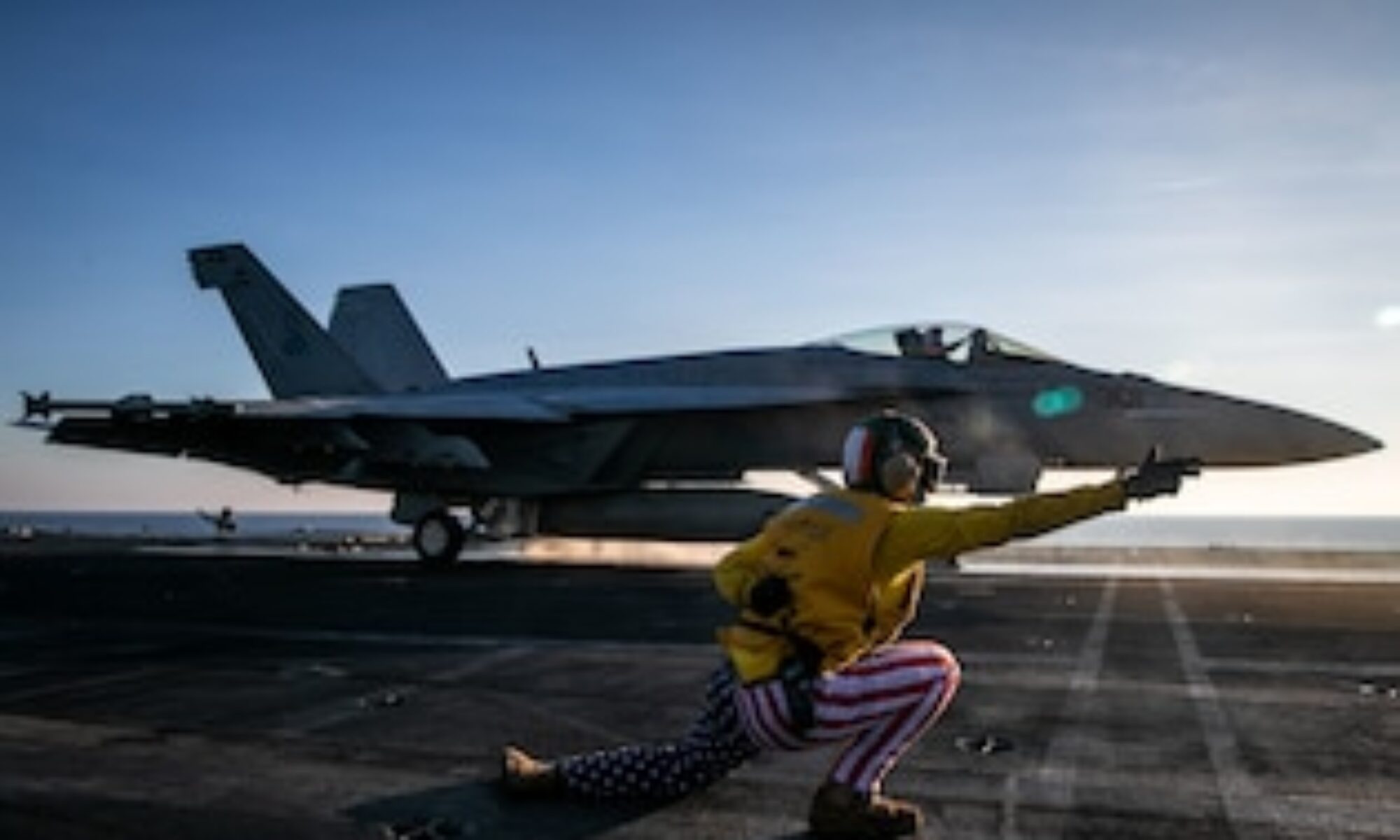Americans Must Rally: A Call for Accountability, Transparency, Action, and Sustainability in Protecting Our Maritime Future
Dear gCaptain Team, Officers, and Readers,

Your recent article, “Could Trump Rebuild and Repair The U.S. Navy?”, has sparked crucial questions about the future of our Navy and maritime security. We find ourselves in strong agreement with the article’s urgent call for action within the first 100 days of the next administration. While leadership may change, our commitment to a stronger Navy and secure maritime future must remain constant. The need for a comprehensive fleet readiness review, a revitalized industrial base, and a stronger Navy and civilian maritime workforce are clear. These steps underscore the essential measures needed to sustain and fortify our national maritime capabilities.
This mission, however, extends beyond any one administration—it requires enduring bipartisan support and a commitment from all Americans to ensure the resilience and strength of our Navy. As Dale A. Jenkins, Senior Advisor to Americans for a Stronger Navy, Staff Director of the Council on Foreign Relations in New York, and author of Diplomats and Admirals, reminds us,
“True strength isn’t built overnight or through short-term gains. It’s a sustained commitment—one rooted in strategic thinking and a shared vision of America’s future on the world stage.” – Dale A. Jenkins
By fostering a united approach, we can address the challenges our Navy faces and secure a sustainable, long-term future for America’s maritime security.
The Need for Public Trust and Involvement
As the founder of Americans for a Stronger Navy, I share your sense of urgency. Our Navy is underfunded and overstretched, struggling to maintain basic readiness in the face of rising global instability. Yet, the solutions to these challenges lie not only within government circles but also in greater public accountability. To that end, we must actively strengthen trust by engaging informed community who bring credibility and understanding to the table, rather than overwhelming the Navy with generalized public input.
Heightened Threats: Cybersecurity and Misinformation Campaigns
The threats we face today are more immediate and serious than many realize. Adversaries like China, Russia, and Iran have repeatedly demonstrated their willingness to hack critical infrastructure and disrupt telecommunications networks. Recent breaches—such as the infiltration of presidential cell phones and sustained attacks targeting U.S. energy, transportation, and communication systems—highlight the vulnerabilities at our nation’s strategic chokepoints. These adversaries are also engaged in misinformation campaigns aimed at disrupting our elections and undermining public discourse. In these volatile times, protecting the Navy also means protecting the commerce and infrastructure that support our economic security. Our readiness to secure these critical pathways is essential to maintaining both national stability and global trade.
Communicating Threats with Clarity
It’s no secret that Americans are weary of “sky-is-falling” rhetoric. Recent messaging around foreign threats and national security has met with mixed reactions, with figures like Senator Rand Paul raising questions about threat exaggeration and others comparing current concerns to past overhyped crises like Y2K. Yet today’s threats are uniquely layered and immediate; they extend beyond traditional warfare into digital, economic, and strategic domains that impact every American. As Reagan wisely put it,
“Our reluctance for conflict should not be misjudged as a failure of will. When action is required to preserve our national security, we will act.” – Ronald Reagan
Overreactions and misdeeds by bad actors have eroded trust, making it crucial that these real and present dangers are communicated with clarity and restraint. Our task, then, is to educate Americans with transparency, balance, and practical information. To do this effectively, we must break out of our silos and work together across organizations, agencies, and forums to foster the lasting support needed for a stronger Navy and a resilient maritime sector.
Building a Sustainable, Long-Term Impact
At Americans for a Stronger Navy, our mission is to educate, engage, and rally Americans around the critical importance of maritime security to national stability and prosperity. We believe the key to lasting impact lies in building a “groundswell of support” from the American people. History shows us the importance of such buy-in; Reagan’s successful naval expansion during the Cold War was driven by bipartisan support and public backing, creating a sustainable, long-term defense initiative. As Reagan once said,
“Strength is the most persuasive argument we have to convince our adversaries to negotiate seriously and to cease bullying other nations.”- Ronald Reagan
While the president undoubtedly influences these decisions, we know from experience that initiatives without public buy-in and congressional support are destined to struggle. Americans also need a clearer understanding of what’s at stake and why these actions matter.
Our Path Forward
- Engaging Veteran Groups and Nonprofit Organizations: We propose enlisting veteran groups, nonprofits, and civic organizations to help bridge the gap between the Navy and the American public. These groups offer credibility and firsthand experience, helping Americans understand the Navy’s role beyond headlines and defense budgets. Their connection to local communities is invaluable in turning national support into local action.
- A Smarter, More Comprehensive Public Strategy: Rather than working in silos, we must consider the taxpayer in every recommendation. Americans are fatigued with crisis messaging, so our approach must be nuanced, practical, and respectful of their investment. Taxpayers need to see where their support goes, with a clear view of how a stronger Navy directly contributes to national and economic security.
- Fostering Long-Term, Congressional Support and Collaboration: Rallying Americans for a stronger Navy isn’t about party lines—it’s about protecting our nation’s future. To achieve this, we must create a platform that prioritizes transparency, accountability, and citizen engagement. Such a united approach can help avoid politicizing the Navy, reinforcing that naval readiness is a shared national responsibility that resonates beyond any one administration.
- Expanding on gCaptain’s Key Recommendations:
- Comprehensive Fleet Readiness Review: We support a thorough review of our fleet, shipyards, and industrial base, with an eye toward transparency. Bringing in a volunteer committee of former Navy personnel could lend critical insights, ensuring the review captures both strategic needs and firsthand realities.
- Halting Early Decommissioning: Rather than prematurely retiring ships, we need creative, cost-effective solutions to extend their service. Involving experienced veterans and industry experts can provide valuable perspectives on this approach, minimizing strategic gaps.
- Building a Stronger Maritime Workforce: We echo the call for a revitalized maritime workforce but stress that this must come with taxpayer accountability and public support.
An American Imperative
This is not a left or right initiative—it is an American imperative. As John F. Kennedy wisely said, “Let us not seek the Republican answer or the Democratic answer, but the right answer.” Today, we echo that call for unity. The threats we face are larger than many realize, and we cannot afford to let partisan divisions stand in the way of building the Navy we need. We call for community leaders to unite under a common voice, advocating for a stronger Navy, greater accountability, and a sustainable foundation for our maritime security. By fostering long-term resilience and preparedness, together, we can protect our maritime future for generations to come.
Sincerely,
Bill Cullifer
Founder, Americans for a Stronger Navy

